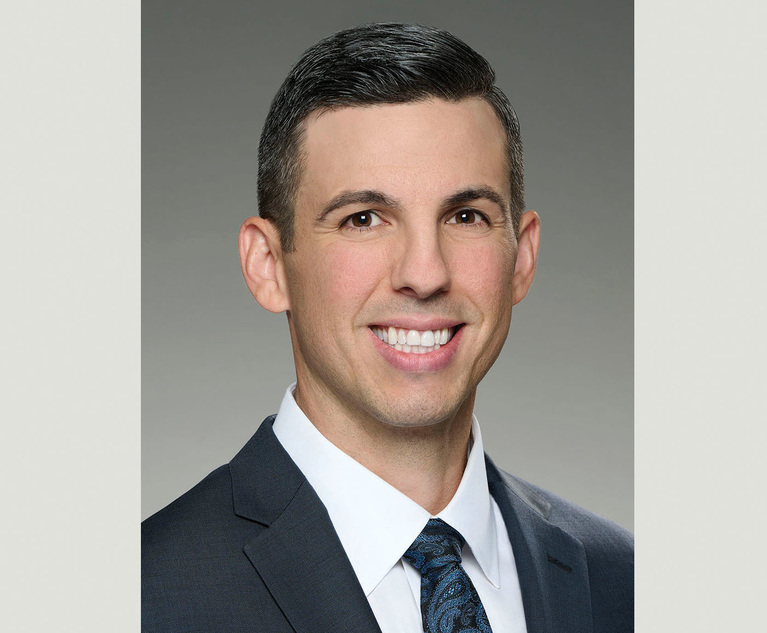In a recent memorandum opinion dismissing a suit brought by stockholders derivatively on behalf of Walgreens Boots Alliance, Inc. (Walgreens), Vice Chancellor Lori Will of the Delaware Court of Chancery issued a reminder of the “narrow confines” in which a successful Caremark claim lives. The suit, based on allegations that the pharmacy company’s board of directors (the board) ignored an alleged scheme involving overfilled insulin pen prescriptions and overbilled government health programs, failed to show the board acted with bad faith—a necessary condition to director oversight liability. The opinion serves as a practical reminder to Court of Chancery litigants that a successful Caremark claim is rare, and the case brought by the Walgreens stockholders was “an unexceptional member of this broader group” of failed oversight claims.
Background
In a Feb. 19, 2024, memorandum opinion, Vice Chancellor Will tossed a derivative suit alleging Walgreens’ board ignored “red flags” of an alleged scheme related to the overfilling and subsequent overbilling of insulin pens. The scheme alleged by the plaintiffs involved Walgreens’ billing practices specifically related to the prescription and refilling of insulin pens. The plaintiffs alleged that Walgreens used software that was programmed to dispense a minimum of five insulin pens, which is the amount of pens contained in the boxes from the insulin manufacturer. The software, as the plaintiffs alleged, dispensed the single five-pen box even if fewer pens were prescribed to a patient. According to the plaintiffs, government health care programs, like Medicare and Medicaid, would deny Walgreens’ claims for reimbursement when the quantity of pens prescribed was more than the “days of supply limits” calculated by pharmacies. The plaintiffs alleged that pharmacists would then resubmit claims for the same number of pens, but edit the days of supply data. Going forward, Walgreens’ software automatically applied the edited days of supply to later refills, which prompted premature fill reminders and unnecessary prescription refills for patients, the plaintiffs argued.


 Brandon R. Harper of Duane Morris. Courtesy photo
Brandon R. Harper of Duane Morris. Courtesy photo




